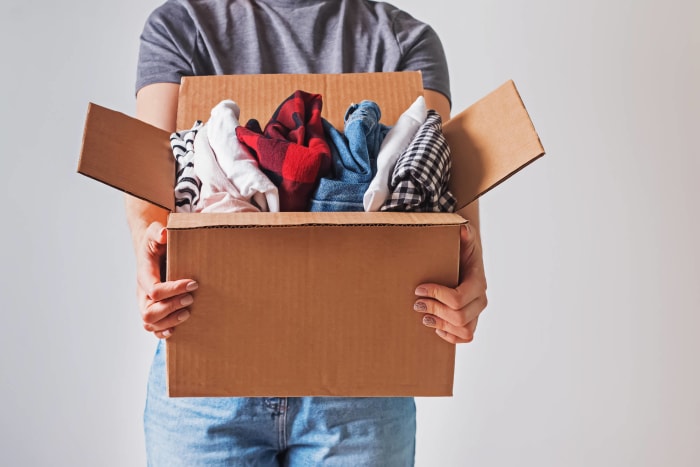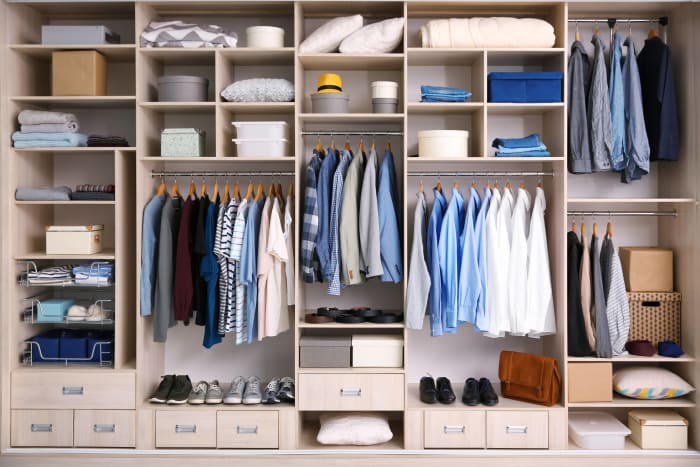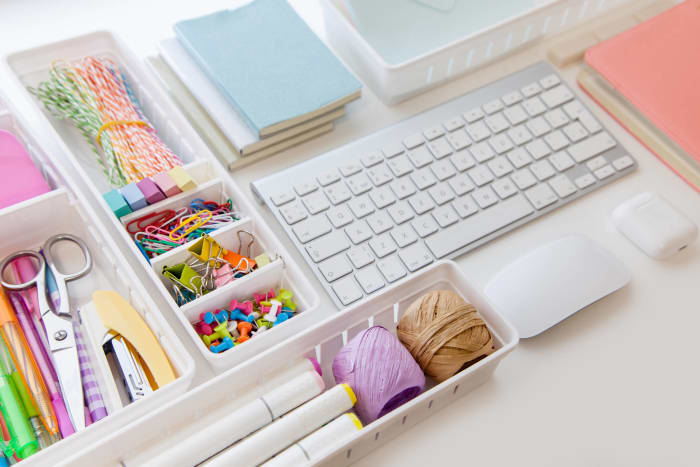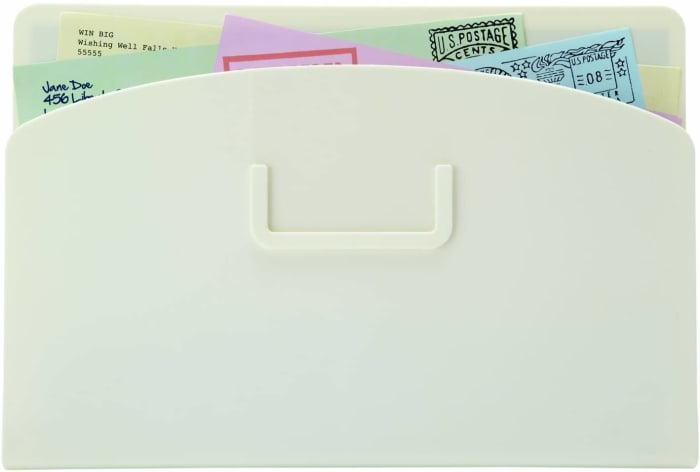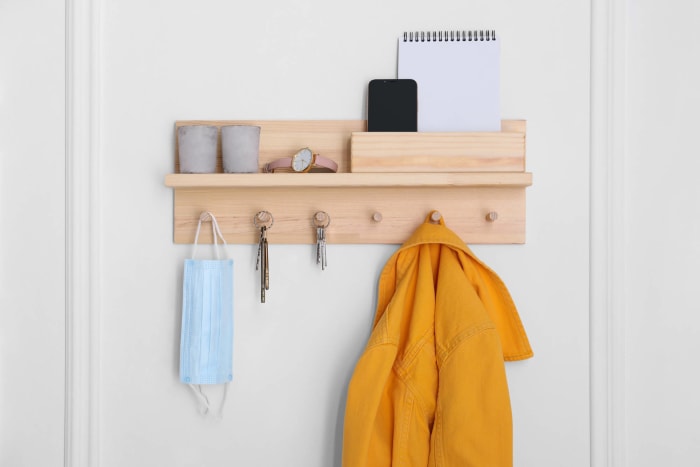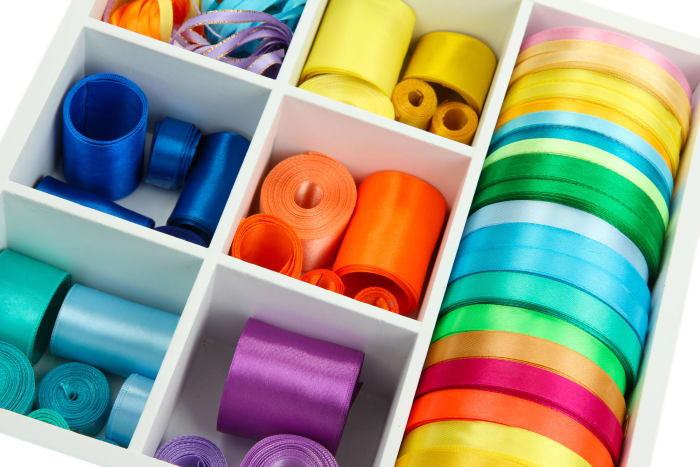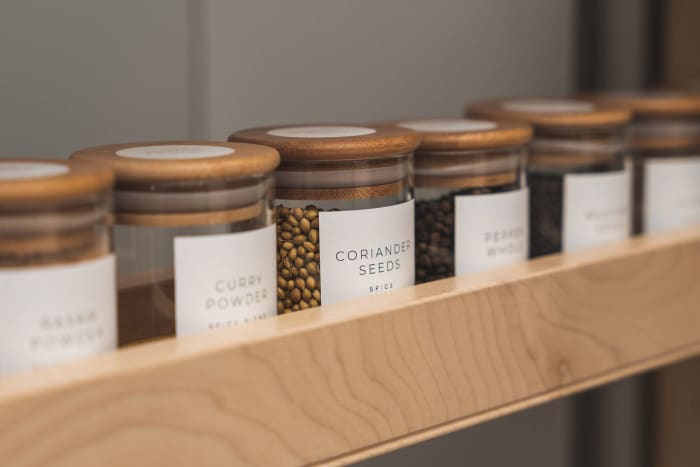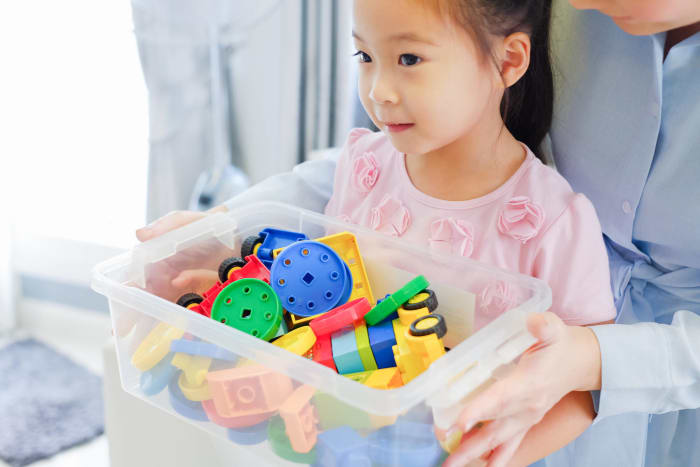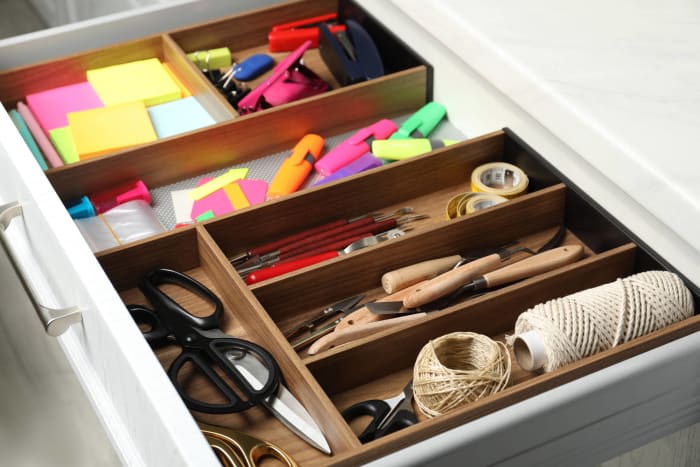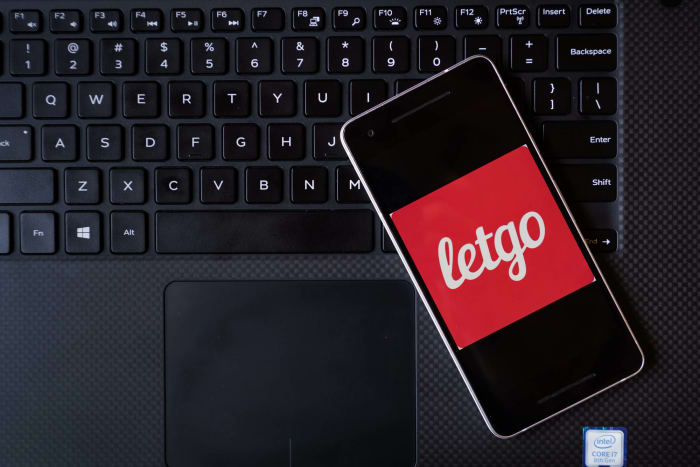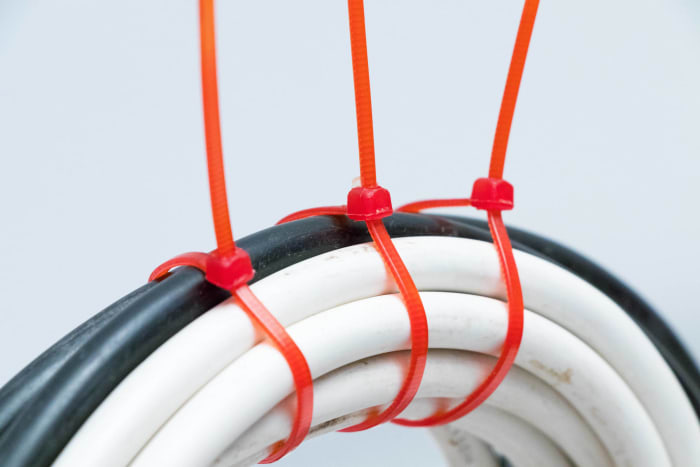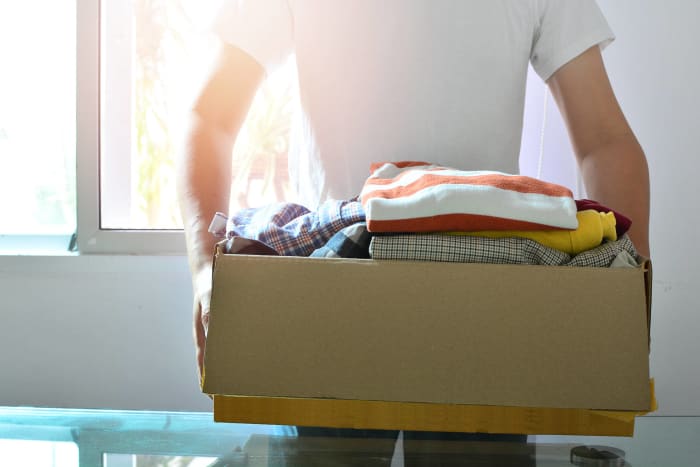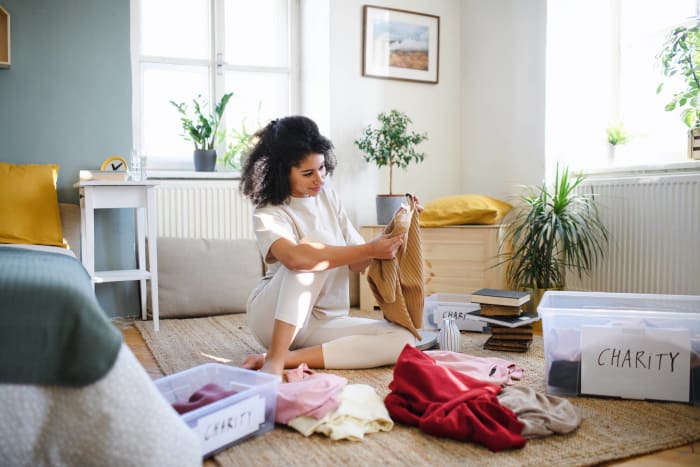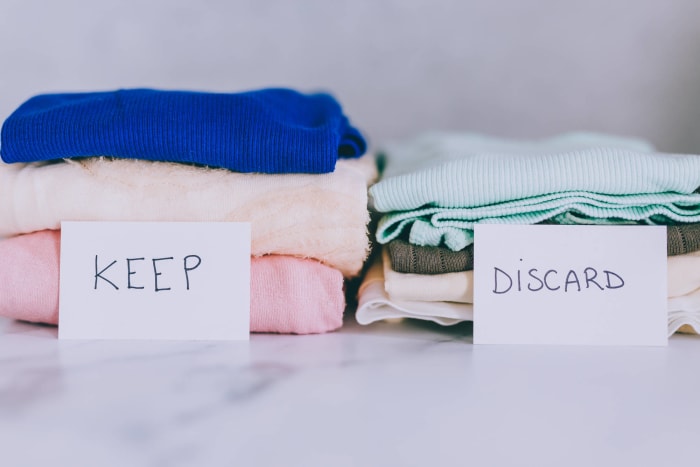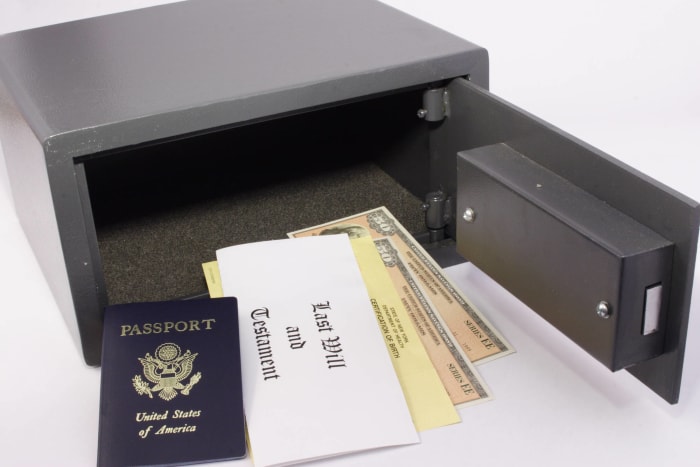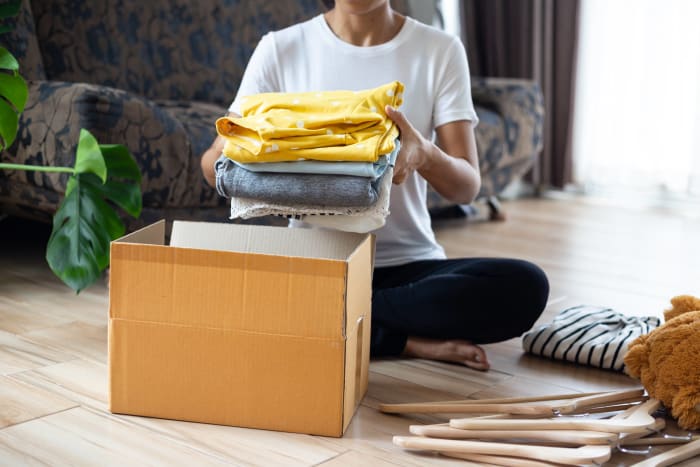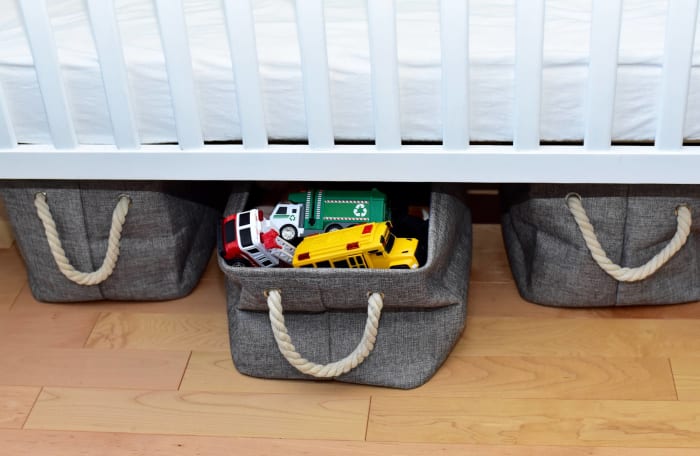x

Shutterstock
20 tips for making your spaces less cluttered
Despite all of our best efforts, clutter is just something that happens. Whether you're looking to level up your decluttering game or start from scratch, it's best to start with a strategy in mind so that you don't end up overwhelmed by all your own junk and giving up.
Use these 20 tips to formulate a plan for decluttering your home, which range from emotionally preparing to toss out items you've had for years to ideas for organizing that never-ending pile of mail that just won't leave the kitchen table.
More must-reads:
- Los Angeles Dodgers' latest World Series championship comes with staggering luxury-tax bill, nearly doubles next-highest team
- Bills signing four-time Pro Bowler after he got waived by division rival
- The 'Most multi-rushing-TD NFL games' quiz
Customize Your Newsletter
 +
+
Get the latest news and rumors, customized to your favorite sports and teams. Emailed daily. Always free!
